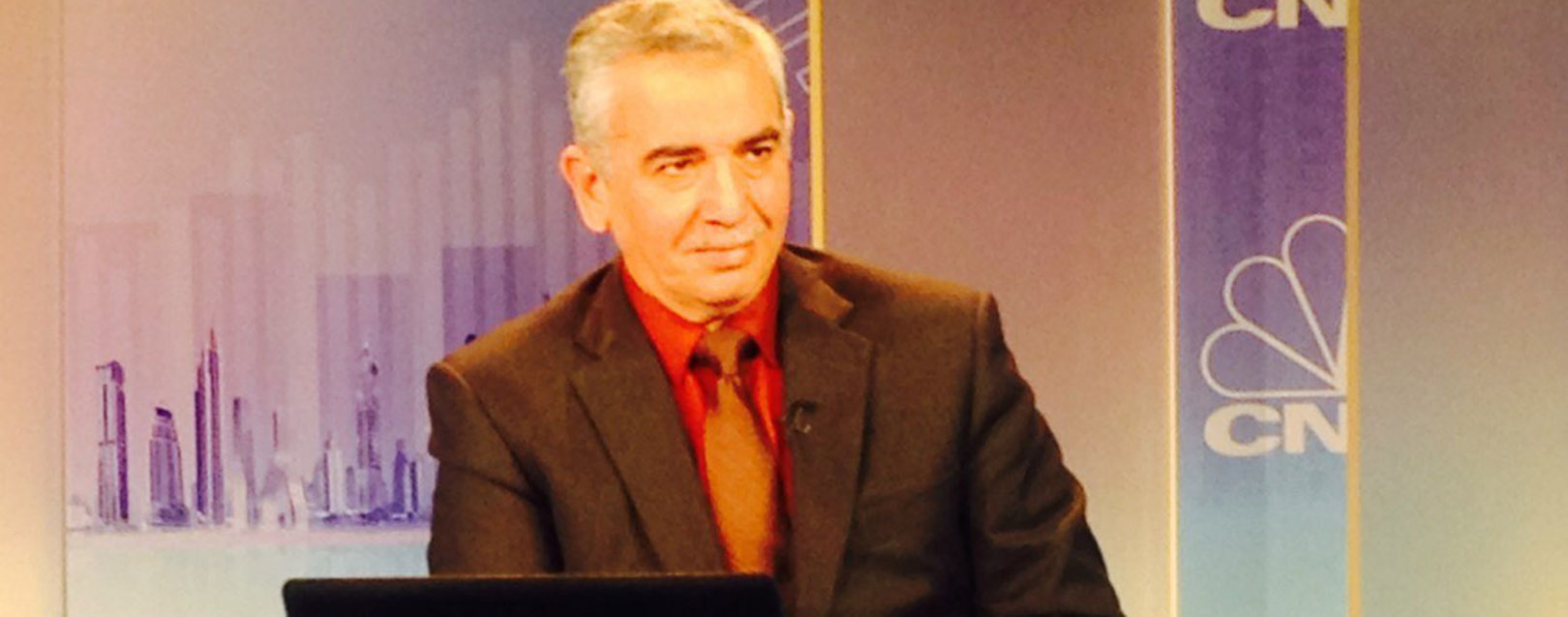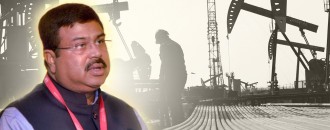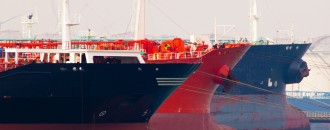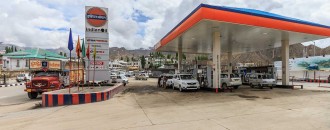
‘Oil price is unpredictable’, Wadah Al Taha, CISI, UK
Sreenivasa Rao Dasari
With OPEC’s deal on production cut beginning from January 1, 2017, all eyes are on the oil price forecast for next year. Soaring over 20% from $46.38 just a day before the crucial meeting of OPEC, which accounts for 40% of the world's crude oil, Brent indicated year's high at $56.09/bbl on December 27. Year 2016 witnessed wide fluctuation of oil price as it tumbled to $27.88, lowest since 2003, on January 20. This is because of several non-OPEC and non-fundamentals influencing the oil price, Wadah Al Taha, UAE Advisory Board member at Chartered Institute for Securities and Investments (CISI), UK, tells The Dollar Business.
On November 30, 2016, the OPEC cartel has agreed to limit production for 6 months beginning in 2017. OPEC will cut production by 1.2million barrels per day (MBPD) to 32.5MBPD, while non-OPEC is likely to reduce output by 600,000 barrels a day. Will this push oil price up for long?
There may not be any major impact on oil price after OPEC opts for production cut. Iran is controlling the Iraqi decisions in all economic, political and social aspects. Accordingly, the negotiation power is equal to Iran and Iraq’s production, which means additionally, around 8.8 million barrels per day (mbd) will be coming into the global market.
Does it mean that non-OPEC oil producers can enhance supply levels? Russia and other oil producing nations also agreed to lower their output. Can they violate the pact?
Some non-OPEC members have already started increasing their production levels. Another factor which is completely unpredictable is the production levels in Libya and Nigeria, a significant increase in oil output in one or both countries will reduce the impact of OPEC’s decision in reaching a balanced market in a short period.
How do you see demand-supply situation in the global oil market?
As we all know supply is exceeding demand in the market and leading to higher levels of inventories, latest technology applications in shale oil industry increased the productivity of wells and reduced the production costs.
Will non-OPEC oil producers abide by the decision on production cut?
The geo-political risk and the tension in the region makes an agreement on oil reduction fragile. That is why I say forecasting oil price is not easy as it is unpredictable.
You mean to say geo-political factors rather than fundamentals are influencing the oil prices the most?
Yes, political factors influence the oil price more than the fundamentals. Hence, oil price is unpredictable in view of several factors influencing it in the recent past and it’ll continue to do so in 2017 as well. So, it’s very difficult to predict how oil prices will behave during 2017 as there are many unpredictable influencing factors which will play a significant role in the coming period.
Oil price is hovering at $55/bbl. Does surge in non-OPEC output pull oil price below $50/bbl in 2017?
If OPEC and non-OPEC nations continue production, then prices will remain below $50 per barrel. It may even be closer to $40-45 range per barrel on an average. If less output is managed to be agreed upon for a short period (around six months) the price range can be expected to hover around $50- 55 per barrel in 2017. Price collapse is rare, but still that is again a possibility if the level of geo-political unrest increases in the Gulf region. If that happens then oil price would become more volatile.
Can you throw light on other non-OPEC factors that influenced oil price in 2016?
Oil markets have seen an extraordinary stage during the first half of 2016. I attribute reasons for this to three factors. Firstly, the forest fires in Canada, which led to lower Canadian production by one million barrels per day. Secondly, the return of violence in southern Nigeria, which led to the withdrawal of 23 pump actions. This reduced Nigerian production by 700,000 barrels per day. Nigeria is the largest oil producing country in Africa and has suffered production loss to 1.1 million barrels per day. The third reason is cut in financial aid to security measures for protecting oil wells and pumps.






 to success.
to success.